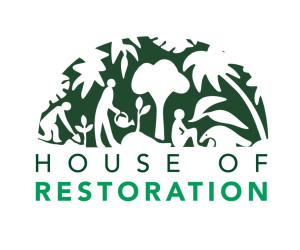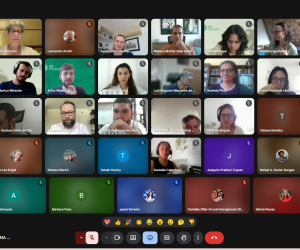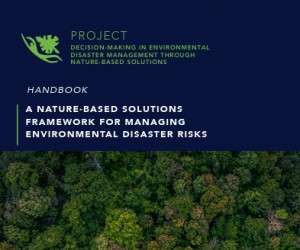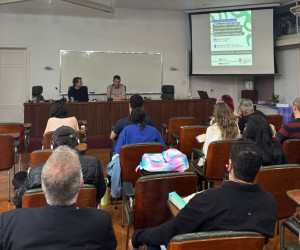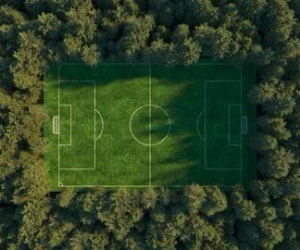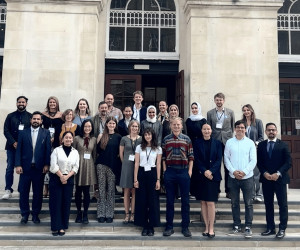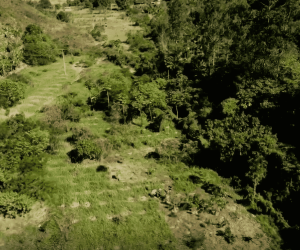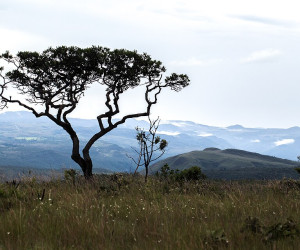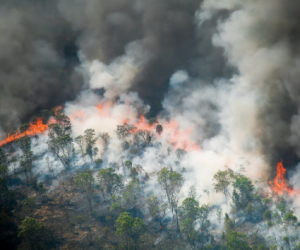Metrics for Net Biodiversity Gain in Terrestrial Ecosystems
IIS was selected to developed the project “Adaptation of Metrics for Assessment of Net Impact of Biodiversity in Terrestrial Environments”, in partnership with Petrobras’ Leopoldo A. Miguez de Mello Research and Development Center (CENPES). This project is part of an initiative financed by resources regulated by the National Petroleum, Natural Gas and Biofuels Agency (ANP), through a competitive notice in which the IIS proposal stands out for its scientific consistency, understanding of the business context and the innovations in recommended solutions.
The growing demand for biodiversity conservation and restoration actions in Brazil, especially in sectors with impacts on the environment, makes the need for robust metrics to measure the effectiveness of these actions urgent. This project is part of a scenario in which it is essential to create viable and scientifically based strategies to minimize negative impacts, enhance biodiversity gains and improve the selection of suitable areas for the establishment of compensation projects.
The main objective of the project is to identify, adapt to Brazilian biomes and provide a methodology for measuring biodiversity in terrestrial ecosystems, allowing to quantify the impacts of the activities of implementation and operationalisation of enterprises and the effects of their conservation actions, mitigation and compensation, making it possible to measure the balance (net impact) of biodiversity.
The project includes several activities, such as defining appropriate metrics for Brazilian biodiversity; creation of conceptual and operational frameworks to guide the assessment and compensation of impacts; decision tree development to identify better metrics and approaches; and an equivalence model between environments to define the best locations for compensation. The expectation is that the project, with intermediate and final deliveries scheduled over four years (until October/2028), will contribute with tools that support environmental compensation and influence good practices throughout the business sector in Brazil and the world.

